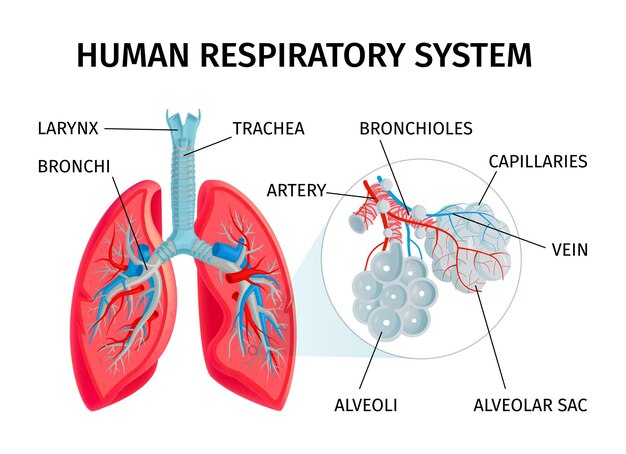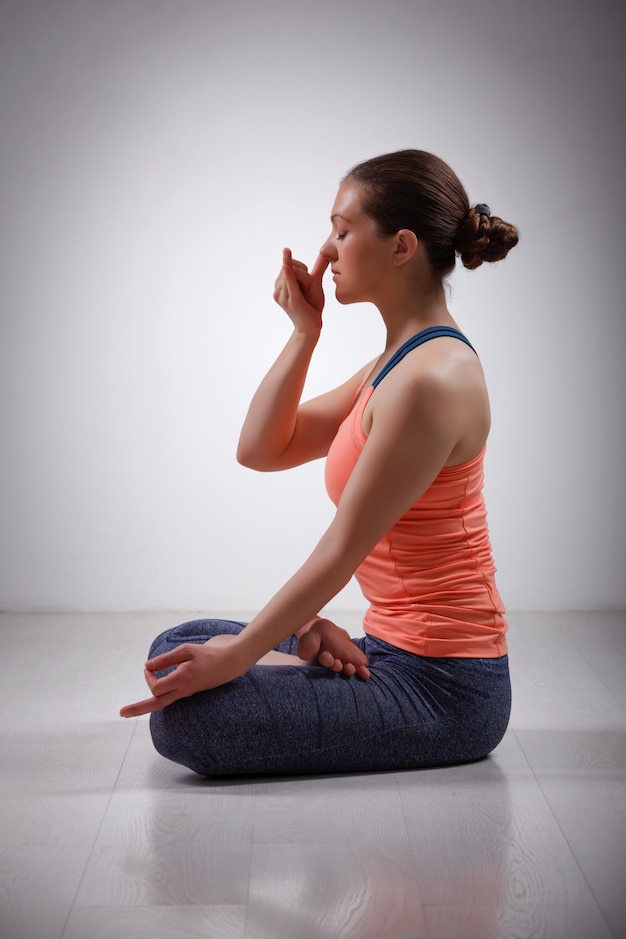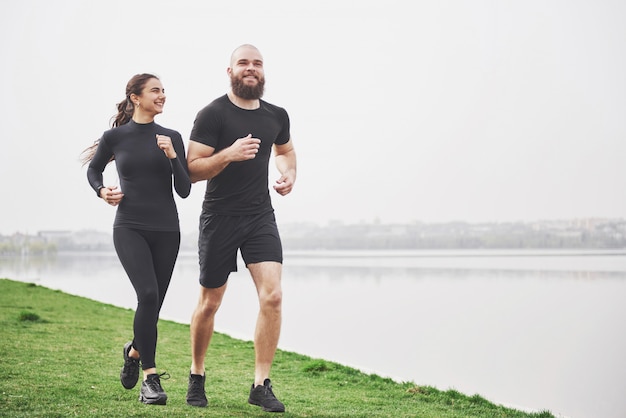Did you know deep breathing can help to improve cognitive function by increasing oxygen flow to the brain?
Breathing is fundamental to life, and the quality of our breath profoundly influences our overall well-being. In the bustling rhythm of modern life, it’s easy to overlook the significance of something as automatic as breathing. However, when we delve deeper, we discover that the way we breathe and the health of our respiratory system are closely intertwined.
In this exploration, we’ll shed light on the pivotal role of exercise in respiratory health.
The Science of Respiration

Breathing is not merely a mechanical act of inhaling and exhaling; it’s a dynamic process deeply linked to our circulatory, muscular, and immune systems. The respiratory system, consisting of the lungs, airways, and muscles, plays a central role in oxygenating our bodies and expelling waste in the form of carbon dioxide.
Exercise and Respiratory Health
1. Enhancing Lung Capacity

Regular physical activity, especially aerobic exercise, helps increase lung capacity. As you engage in activities like brisk walking, jogging, or swimming, your lungs become more efficient at taking in oxygen and expelling carbon dioxide.
2. Strengthening Respiratory Muscles
Exercise strengthens the muscles responsible for breathing. The diaphragm, intercostal muscles, and even the muscles between your ribs become more robust, supporting efficient breathing.
3. Improving Oxygen Transport
Exercise enhances the cardiovascular system, allowing the heart to pump oxygen-rich blood more efficiently to the body’s tissues, including the respiratory muscles. This improved oxygen transport supports overall respiratory health.
4. Immune System Boost
Exercise has a positive impact on the immune system. A robust immune system helps protect the respiratory system from infections and illnesses.
Exercises for Respiratory Health

1. Diaphragmatic Breathing
Practice deep, diaphragmatic breathing to maximize oxygen intake. Inhale deeply through your nose, letting your diaphragm expand, and exhale slowly through pursed lips.
2. Aerobic Activities
Engage in aerobic exercises like walking, cycling, or dancing. These activities increase your heart rate and respiratory rate, training your lungs and improving their efficiency.
3. Yoga and Tai Chi
These mind-body practices emphasize controlled breathing techniques that enhance lung function, promote relaxation, and reduce stress—a known trigger for respiratory issues.
Making Exercise a Lifestyle

Incorporating exercise into your daily routine doesn’t have to be a daunting task. Here are some tips to help you make exercise a sustainable part of your life:
- Start Slow: Begin with activities that match your fitness level and gradually increase intensity and duration.
- Find Your Passion: Choose exercises you enjoy to make it a pleasurable experience rather than a chore.
- Consistency is Key: Aim for regularity rather than intensity. Even short, daily bouts of exercise can yield significant benefits.
- Mix It Up: Vary your exercise routine to prevent boredom and engage different muscle groups.
- Set Realistic Goals: Establish achievable fitness goals to stay motivated.
Who Can Benefit from Exercise for Respiratory Health?
Exercise is beneficial for individuals of all ages and fitness levels. It is particularly advantageous for:
- Individuals with Respiratory Conditions: Those with asthma, COPD, or other respiratory conditions can experience improved lung function and reduced symptoms with appropriate exercise.
- Sedentary Individuals: Engaging in regular physical activity can help sedentary individuals build lung capacity and respiratory muscle strength.
- Athletes: Athletes can enhance their respiratory endurance, allowing for improved oxygen uptake during intense physical activity.
- Aging Adults: Exercise helps combat age-related decline in lung function and maintains respiratory health as individuals age.
Tips for staying motivated to exercise
Staying motivated to exercise can be a challenge, but with the right strategies, you can make physical activity a consistent part of your life. Here are some tips to help you stay motivated:
- Set Clear Goals: Define specific, achievable goals for your exercise routine. Whether it’s running a certain distance, lifting a particular weight, or simply staying active for a set amount of time, having clear objectives gives you something to work towards.
- Find Activities You Enjoy: Choose exercises and activities that you genuinely like. Whether it’s dancing, hiking, swimming, or playing a sport, enjoying what you do makes it more likely that you’ll stick with it.
- Mix It Up: Variety can be a powerful motivator. Incorporate different types of exercises into your routine to prevent boredom and keep things interesting. Try new activities, classes, or workout routines regularly.
- Create a Schedule: Set aside dedicated time for exercise in your daily or weekly schedule. Treat it as an appointment that you can’t miss.
- Workout with a Buddy: Exercising with a friend or family member can make it more enjoyable and hold you accountable. You can motivate each other and share the journey.
- Track Your Progress: Keep a record of your workouts and achievements. Tracking your progress allows you to see how far you’ve come, which can be incredibly motivating.
- Reward Yourself: Celebrate your fitness milestones with small rewards. Whether it’s a special treat, a movie night, or a new workout outfit, acknowledging your accomplishments can boost motivation.
- Join a Group: Participating in group fitness classes or activities can provide a sense of community and camaraderie. It’s motivating to exercise with others who share your goals.
- Stay Informed: Educate yourself about the benefits of exercise and how it positively impacts your health. Knowing the “why” behind your workouts can reinforce your motivation.
- Visualize Your Success: Close your eyes and imagine how you’ll feel when you achieve your fitness goals. Visualization can be a powerful tool for staying motivated.
Conclusion
Breathing life into your well-being begins with recognizing the profound connection between exercise and respiratory health. By engaging in regular physical activity and nurturing your respiratory system, you can enhance your lung capacity, strengthen your breathing muscles, and improve your overall vitality.




